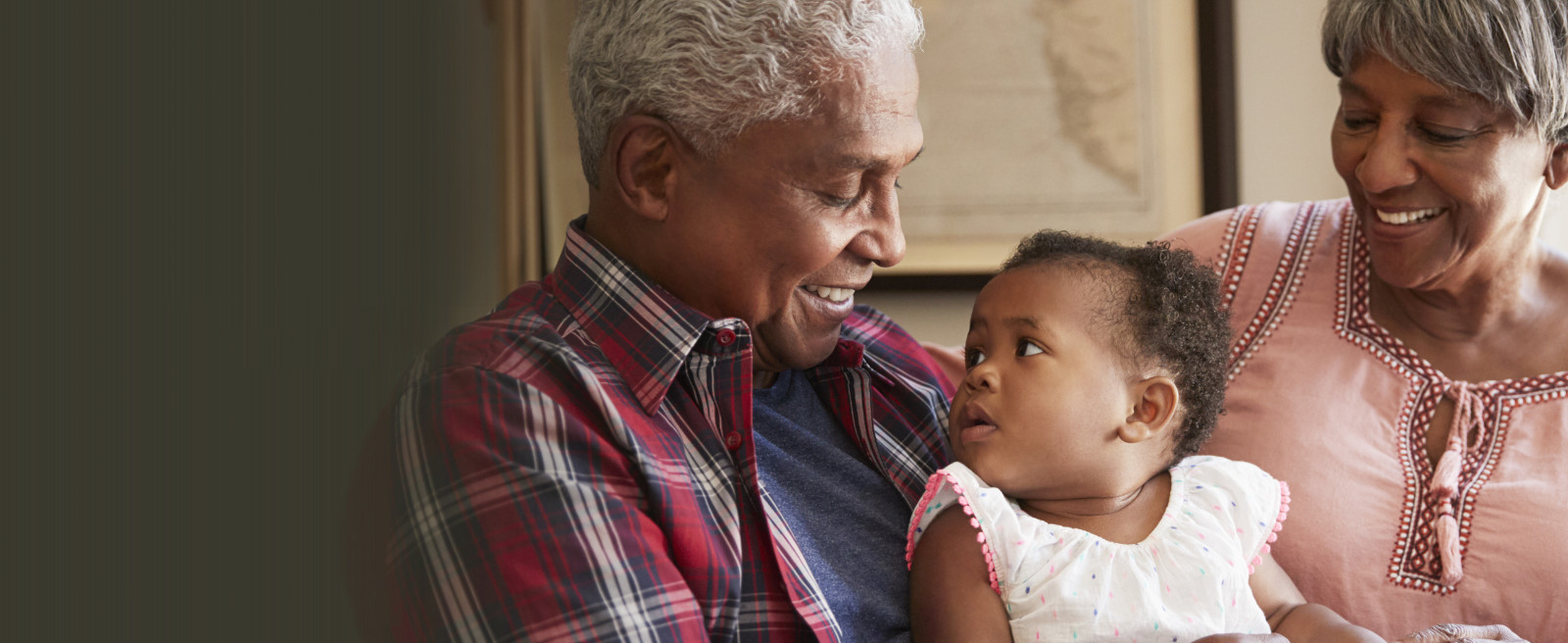Six Stress Reduction Tips for Caregivers During National Stress Awareness Month in April

Tips for Family Caregivers from the Alzheimer’s Foundation of America
(April 1, 2024)— Stress doesn’t just affect your mood—it can have long-term health impacts as well if you don’t take steps to manage it constructively. For individuals who face the stressful task of caring for a family member with Alzheimer’s disease or another dementia-related illness, the Alzheimer’s Foundation of America (AFA) is offering six stress reduction tips for caregivers as part of National Stress Awareness Month (April).
“Family caregivers often find it challenging to make time for themselves, but being proactive about addressing caregiver stress and self-care is not selfish; it’s essential and it benefits both the caregiver and the person for whom they are caring,” said Jennifer Reeder, LCSW, AFA’s Director of Educational and Social Services. “Failing to manage stress increases the risks of caregiver burnout, depression, and many other mental and physical health issues. Caregivers need to take care of themselves so they can provide the best possible care for their loved ones.”
Family caregivers of people with Alzheimer’s and related dementias are at greater risk for anxiety, depression, and poorer quality of life than caregivers of people with other conditions, and provide care for a longer duration of time, according to the Centers for Disease Control and Prevention (CDC).
AFA offers these six stress reduction tips for family caregivers:
Be adaptable and positive. Your attitude influences stress levels for both you and the person you’re caring for. If you can “go with the flow,” and avoid fighting the current, that will help you both stay relaxed—conversely, becoming aggravated or agitated will increase the chances that your person will as well. Focus on how to adjust to the situation in a constructive way.
Deal with what you can control. Some things are totally out of your control. What is in your power to control is how you respond and react to these outside factors. Concentrating on finding solutions can help make the problem itself a little less stressful.
Set realistic goals and go slow. Everything cannot be resolved at once, nor does it need to be. Don’t hold yourself to unrealistic expectations. Prioritize, set practical goals, do your best to achieve them, and take things one day at a time.
Mind your health. Inadequate rest, poor diet, and lack of exercise can all exacerbate stress (and cause other health problems as well). As best you can, make it a priority to get sleep, eat right, drink plenty of water and find ways to be active. You cannot provide quality care to a loved one if you don’t take care of yourself.
Clear and refresh your mind. Exercise, yoga, meditating, listening to music or even taking a few deep breaths can all help relax the mind and reduce stress. Find something that works for you and do it regularly!
Share your feelings. Disconnecting from your support structure and staying bottled-up increases stress. Whether it’s with a loved one, trusted friend or a professional, don’t be reluctant to talk about your stress, because that can actually help relieve it! AFA’s Helpline has licensed social workers available for caregivers seven days to provide support or even just listen.
AFA’s Helpline, staffed entirely by licensed social workers who are specifically trained in dementia care, can provide additional information and support for families. The Helpline is available seven days a week by phone (866-232-8484), text message (646-586-5283), and web chat (click the blue and white chat icon in the corner of this page).











